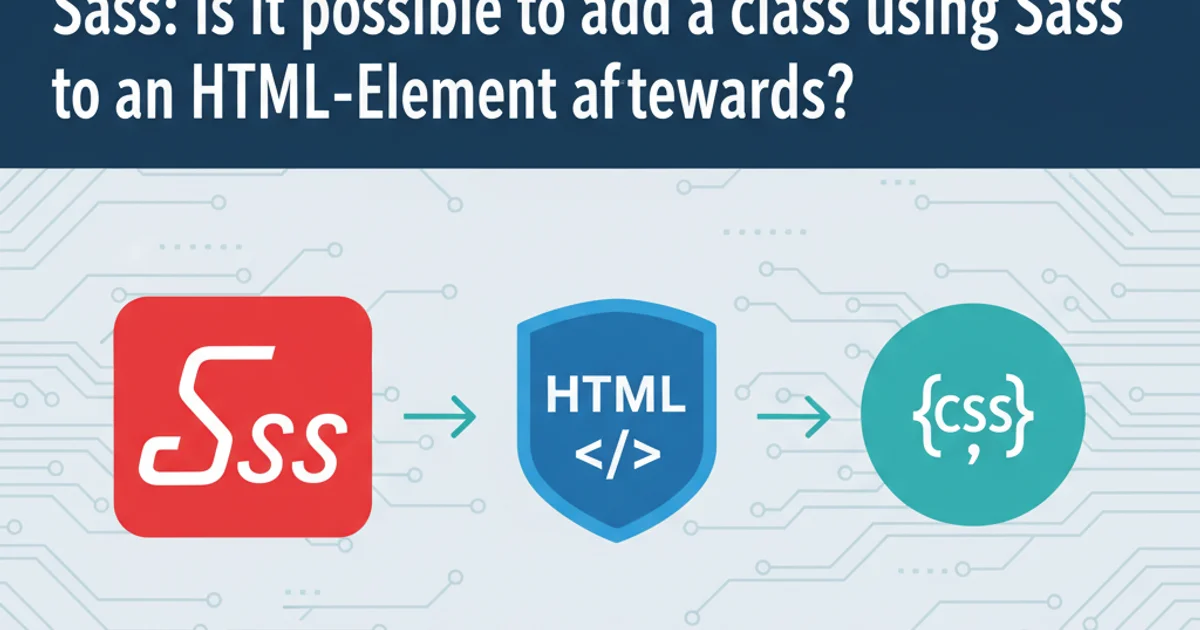JavaScript equivalent to printf/String.Format
Categories:
Mastering String Formatting: JavaScript's Equivalent to printf/String.Format

Explore various techniques for string formatting in JavaScript, from template literals to custom functions, mirroring the power of printf and String.Format.
Unlike languages like C or Java, JavaScript doesn't have a built-in printf or String.Format function. However, the language offers several powerful and flexible ways to achieve similar string formatting capabilities. This article will guide you through the most common and effective methods, helping you choose the best approach for your specific needs, whether it's simple variable interpolation or complex conditional formatting.
The Modern Approach: Template Literals (Template Strings)
Introduced in ECMAScript 2015 (ES6), template literals are by far the most popular and recommended way to handle string interpolation in modern JavaScript. They provide an easy-to-read syntax for embedding expressions within strings, eliminating the need for concatenation operators.
const name = 'Alice';
const age = 30;
const message = `Hello, my name is ${name} and I am ${age} years old.`;
console.log(message); // Output: Hello, my name is Alice and I am 30 years old.
Basic usage of template literals for string interpolation.
Traditional Concatenation and the '+' Operator
Before template literals, the primary method for combining strings and variables was using the + operator. While still functional, it can quickly become cumbersome and less readable for complex strings, especially when dealing with many variables.
const product = 'Laptop';
const price = 1200;
const currency = 'USD';
const details = 'The ' + product + ' costs ' + price + ' ' + currency + '.';
console.log(details); // Output: The Laptop costs 1200 USD.
String concatenation using the '+' operator.
flowchart TD
A[Start String Formatting] --> B{Choose Method?}
B -->|Simple Interpolation| C[Use Template Literals (`...${var}...`)]
B -->|Legacy/Simple Concatenation| D[Use '+' Operator]
B -->|Complex/Re-usable Formatting| E[Implement Custom Function/Polyfill]
C --> F[End]
D --> F[End]
E --> F[End]Decision flow for choosing a JavaScript string formatting method.
Emulating printf/String.Format with Custom Functions
For scenarios requiring more advanced formatting options, such as padding, precision, or type-specific formatting (like printf's %d, %s, %.2f), you can create your own utility functions or use existing libraries. This approach offers the most control and reusability.
function formatString(format, ...args) {
let i = 0;
return format.replace(/%[sdif]/g, function(match) {
const arg = args[i++];
switch (match) {
case '%s': return String(arg);
case '%d': return parseInt(arg, 10);
case '%f': return parseFloat(arg).toFixed(2); // Example for 2 decimal places
case '%i': return Math.floor(arg);
default: return match;
}
});
}
const formatted = formatString('User: %s, ID: %d, Balance: %f', 'John Doe', 123, 45.678);
console.log(formatted); // Output: User: John Doe, ID: 123, Balance: 45.68
const another = formatString('Item: %s, Quantity: %i', 'Book', 5.99);
console.log(another); // Output: Item: Book, Quantity: 5
A custom formatString function mimicking printf behavior.
Using String.prototype.replace() with Placeholders
Another common pattern, especially for simple key-value replacements, involves using String.prototype.replace() with a regular expression and an object containing the values. This can be particularly useful when you have a template string with named placeholders.
const template = 'Hello, {name}! Your order number is {orderId}.';
const data = { name: 'Jane', orderId: 'XYZ789' };
const result = template.replace(/\{(\w+)\}/g, (match, key) => data[key]);
console.log(result); // Output: Hello, Jane! Your order number is XYZ789.
Using replace() with named placeholders for string formatting.